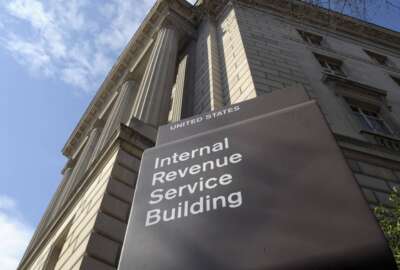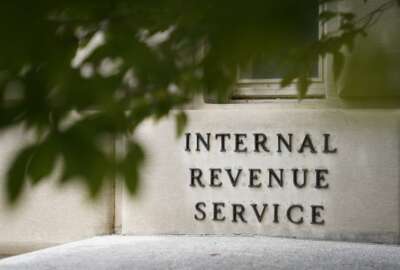SES members leaving for greener pastures, OPM finds
Members retiring from the Senior Executive Service say they\'re leaving for better-paying work, and cite politics and management as reasons for departure - but...
By Jory Heckman
Federal News Radio
Members retiring from the Senior Executive Service say they’re leaving for better-paying work, and cite politics and management as reasons for departure — but insist it’s still a great place to work.
The Office of Personnel Management says that for all its shortcomings, the SES still has a prestigious reputation that has former government executives recommending other federal employees to join.
“Clearly, there is still pride in being a part of the Senior Executive Service and in the role of a public servant,” OPM said in its latest report on the SES.
Of the 153 former SESers that told OPM in an exit interview that they were leaving government, 49 percent of them said they will continue working. The majority of those continuing to work — 59 percent — expect to be paid more than what they made at the SES, while 71 percent said they expect to work full-time.
As for reasons for leaving the SES, 42 percent cited the “political environment” and 38 percent expressed their frustration with “organizational culture.”
The survey results show, however, that most former executives would still recommend the government jobs to others — 63 percent said they would recommend their agency as a good place to work, 63 percent recommended the SES.
“These findings show that agencies can influence whether or not their SES members ultimately choose to stay or leave the organization,” the report said. “By shifting the work environment and organizational culture, and acknowledging and appreciating an executive’s value to the organization, agencies may be able to convince their high-performing senior executives to stay.”
RELATED STORIES:
Brainstorming Senior Executive Service reform
Fixing the SES: ‘This used to be an honor. Now it’s a joke.’
Copyright © 2025 Federal News Network. All rights reserved. This website is not intended for users located within the European Economic Area.





